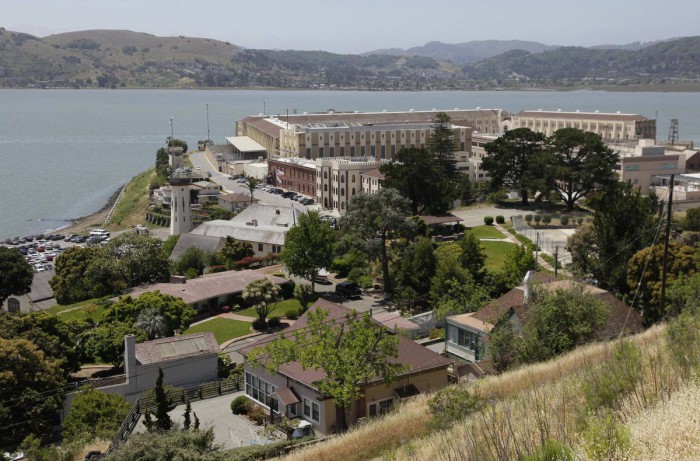Legionnaires’ disease sends California prisoner to hospital
SACRAMENTO -Symptoms usually include chills, high fever along with a cough.
Officials said at least 16 other prisoners at California’s oldest prison were hospitalized but afterwards reported they examined for the disorder considered a serious form of pneumonia and were being treated in the penitentiary.
The prisoner sent into a hospital while the others may be cared for at the penitentiary wanted heightened treatment, Hayhoe said.
Evaluation results on the remaining prisoners were anticipated as early as this weekend as Marin County and penitentiary health officials hunt for the cause.
After consulting with public health specialists, the penitentiary permitted the utilization of water and restarted using routine toilets.
The city’s health commissioner followed a current outbreak that sickened 128 individuals and killed 12 to your rooftop AC unit at a Bronx resort.
The bacteria may lead to a light illness called Pontiac fever or the more serious illness called Legionnaires’ disease.
The disorder occurs when dirty water is inhaled to the lungs in the type of mist, steam or wetness. It’s known as especially dangerous for elderly individuals and people that have underlying health problems.
Stay off until the source is located, Simas it’ll drinking water for the penitentiary’s more than 3,700 prisoners was shut off Thursday after first case was affirmed, and said.
Once the source is identified by officials, they typically use higher-than-normal quantities of chlorine to kill the bacteria.
Simas couldn’t immediately say how much price is measured by the crisis or exactly how many bottled water for drinking and big water tanks, portable toilets were brought to the penitentiary.
None of the penitentiary’s more than 1,200 workers have been sickened.
The water of the penitentiary comes in the Marin Municipal Water District and is kept in a penitentiary water tank that could carry about 3 million gallons, Simas said.
Marin Municipal Water District spokeswoman Emma Mahoney said in a e-mail that its water supply was promptly examined by the district, as well as the results strongly suggest that its water isn’t the origin of the trouble. The water was being tested by officials in the penitentiary, and Marin County health officials and she said the general public isn’t regarded as being in danger.
County officials later clarified the mobilization was managed during the day, although Benjamin said the penitentiary marshalled throughout the night time.



